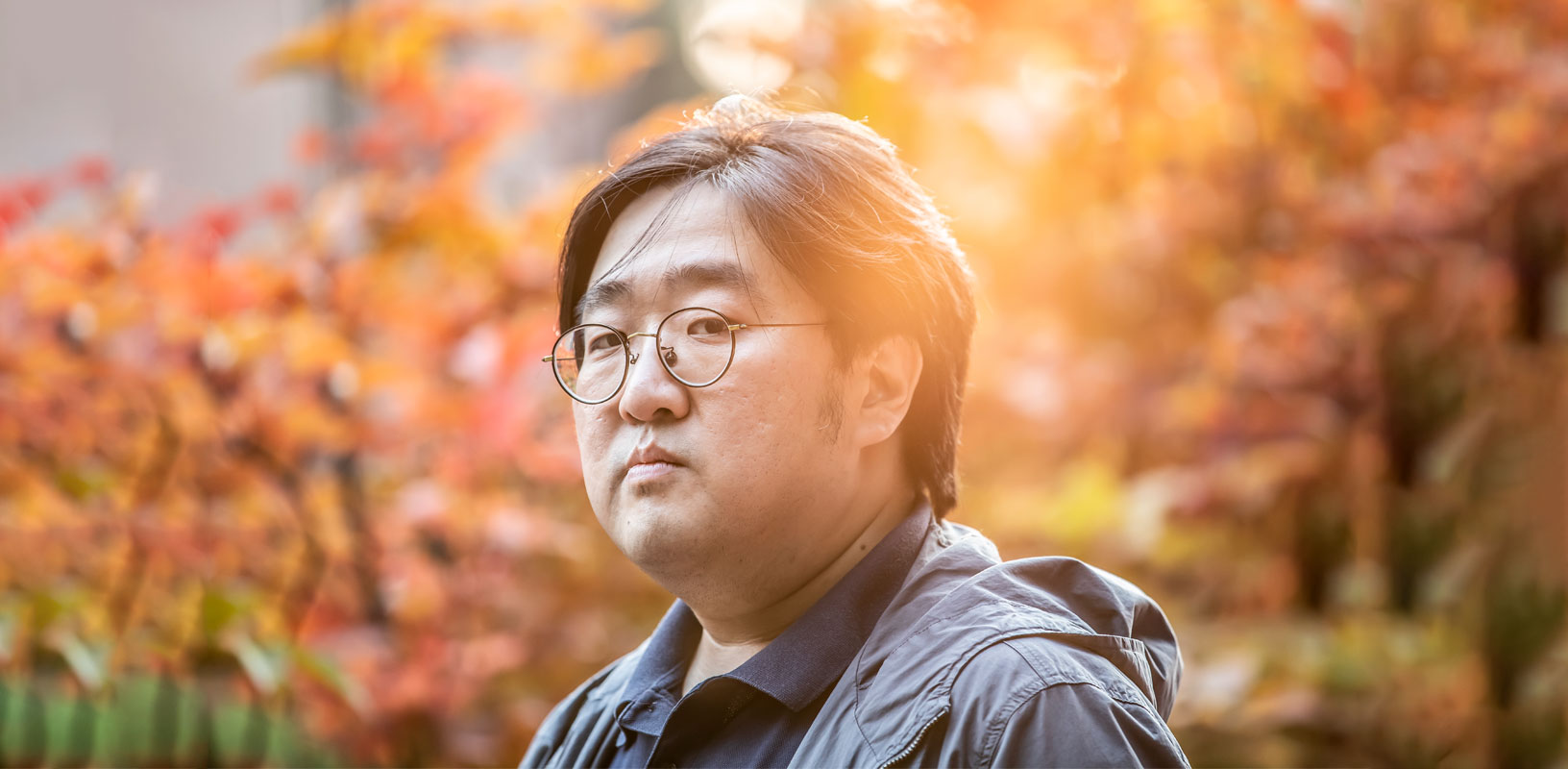Donghoon Shin: new Piano Concerto premiere in London

In his new concerto for pianist Seong-Jin Cho, Donghoon Shin explores the Schumannesque duality between the impulsive Florestan and the introspective Eusebius. The London Symphony Orchestra presents the premiere at the Barbican in London on 20 November under the baton of Maxime Pascal.
Donghoon Shin’s new Piano Concerto, commissioned by the London Symphony Orchestra, Boston Symphony Orchestra and Bavarian Radio Symphony Orchestra, is composed for and dedicated to his South Korean compatriot Seong-Jin Cho, one of the leading Asian pianists of his generation. The concerto’s world premiere at the Barbican in London on 20 November sees Maxime Pascal conducting the London Symphony Orchestra in a LSO Futures programme, part of the K-Music Festival 2025 presented in partnership with the Korean Cultural Centre UK.
> Visit the LSO website
> Visit the K-Music Festival website
The background to the new concerto refers back to 19th century composer Robert Schumann, famed for his pioneering piano music, who explored the idea of contrasting alter egos in many of his works. Schumann was inspired by a novel by Jean Paul, Flegelajahre, which featured a contrasting pair of twin brothers. This took further life when Schumann built two opposing characters into his own music, named as the dreamy, introspective Eusebius and the impulsive, tempestuous Florestan.
Donghoon Shin describes how his “Piano Concerto also begins with this idea of universal duality or contradiction. Musically speaking, it is an experiment in weaving together highly contrasting musical elements, whether contrapuntal or harmonic, tonal or atonal. More broadly, it serves as a self-portrait of myself as both a composer and a human being. It is also, in a wider sense, an exploration of human nature.
“The first movement is a homage to Schumann, my personal favourite composer of piano music. I created two main themes by quoting – though in heavily skewed form – two musical motifs from Schumann’s piano works that symbolize Florestan and Eusebius respectively. These themes undergo constant transformation and development, until their original forms are almost entirely obliterated… The second movement is a funeral march: extremely dark, sorrowful, and filled with cries of anguish. Toward the end of this movement, the music shifts directly attacca into the third movement, which is written with completely different harmonic material and conveys a sense of affirmation and joy, standing in total contrast to the second.
“This Piano Concerto is dedicated to my dear friend and colleague, pianist Seong-Jin Cho. Just as I have tried to reflect myself in the music, I have also sought to capture something of his musical and human character. I extend my deep gratitude to him for learning and performing this piece, which is not only technically and physically but also musically and mentally demanding. I also wish to thank Kathryn McDowell, Managing Director of the London Symphony Orchestra, who brought the two of us together.”
> Read the full programme note
Recent months have seen violinist Christian Tetzlaff and pianist Leif Ove Andsnes touring Donghoon Shin’s recent Winter Sonata to the Enescu Festival in Bucharest, the Queen’s Hall in Copenhagen, the Pierre Boulez Saal in Berlin and the Wigmore Hall in London. The New Year brings first US and Austrian performances of Shin’s viola concerto Threadsuns with soloist Rebecca Albers and the Minnesota Orchestra in Minneapolis (30 January) and Amihai Grosz and the Tonkünstler Orchestra at the Musikverein in Vienna (14 March).
> Further information on Work: Piano Concerto
Photo: Lee Tae Kyung the Chosunilbo
